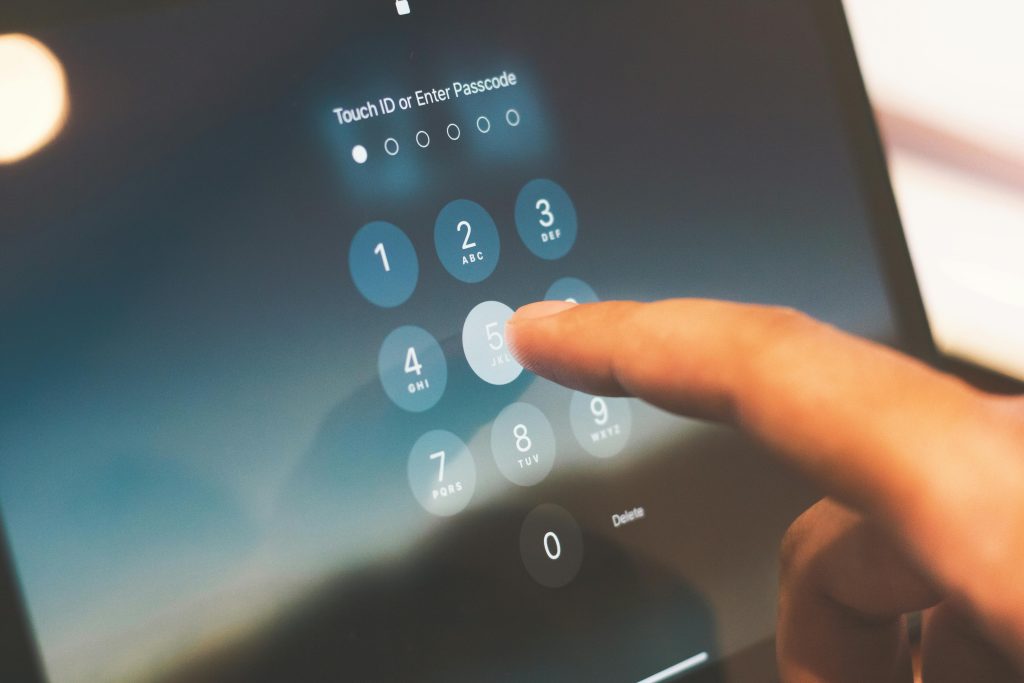Safeguarding Your Tech: What to Do After Security Confiscation
Recently, I faced an unsettling experience while traveling through Tel Aviv’s Ben Gurion Airport. My laptop was confiscated by Israeli security for approximately 24 hours as part of their standard procedures. Although I received my device back, it raised several concerns regarding the potential security risks associated with such an incident.
Understanding the Risks
While my laptop didn’t contain highly sensitive information, my political activism might have raised red flags, leading to additional security screenings. This situation stirred worries about possible threats, such as rootkits or other covert methods employed to compromise the device’s integrity.
Upon discussing this situation with my company’s IT director, he suggested the most straightforward solution: purchase a new laptop. While I took his advice, replacing a perfectly functional device seemed wasteful.
Seeking Solutions for Security
Now, the dilemma is how to ascertain my old laptop’s safety. Being somewhat tech-savvy, I considered various approaches, such as reinstalling the operating system and reflashing the BIOS. However, I wonder if these steps would suffice to eliminate potential threats.
My IT director recommended keeping the machine offline and using a USB drive to transfer any necessary files. Before doing so, I plan to install updated antivirus software—specifically, a combination of Malwarebytes and Windows Defender—to thoroughly scan the USB drive for any lurking malware.
It might sound overly cautious, but the awareness of advanced spyware capabilities makes the situation feel all the more pressing. I would prefer to retire an aging laptop than risk my personal data being compromised.
Moreover, I am open to installing an alternative operating system, such as Ubuntu, to enhance protection against future threats. This was initially my plan for the laptop once I transitioned to my new primary device.
Community Insights
After sharing my concerns online, I received valuable feedback. The consensus was clear: many felt that attempting to clean the device might not be worthwhile. As a result, my laptop has remained turned off and unplugged since its return.
To clarify a few points:
– I own a 2022 ThinkPad X1, a solid business-class machine.
– I could replace individual components, like the motherboard or hard drive, but that raises a question about where to draw the line.
– This laptop is mine, not provided by my employer, meaning I must weigh the costs of repair versus replacement.
– Frequent travel through TLV is part of my life, and I need to factor this
Share this content:



